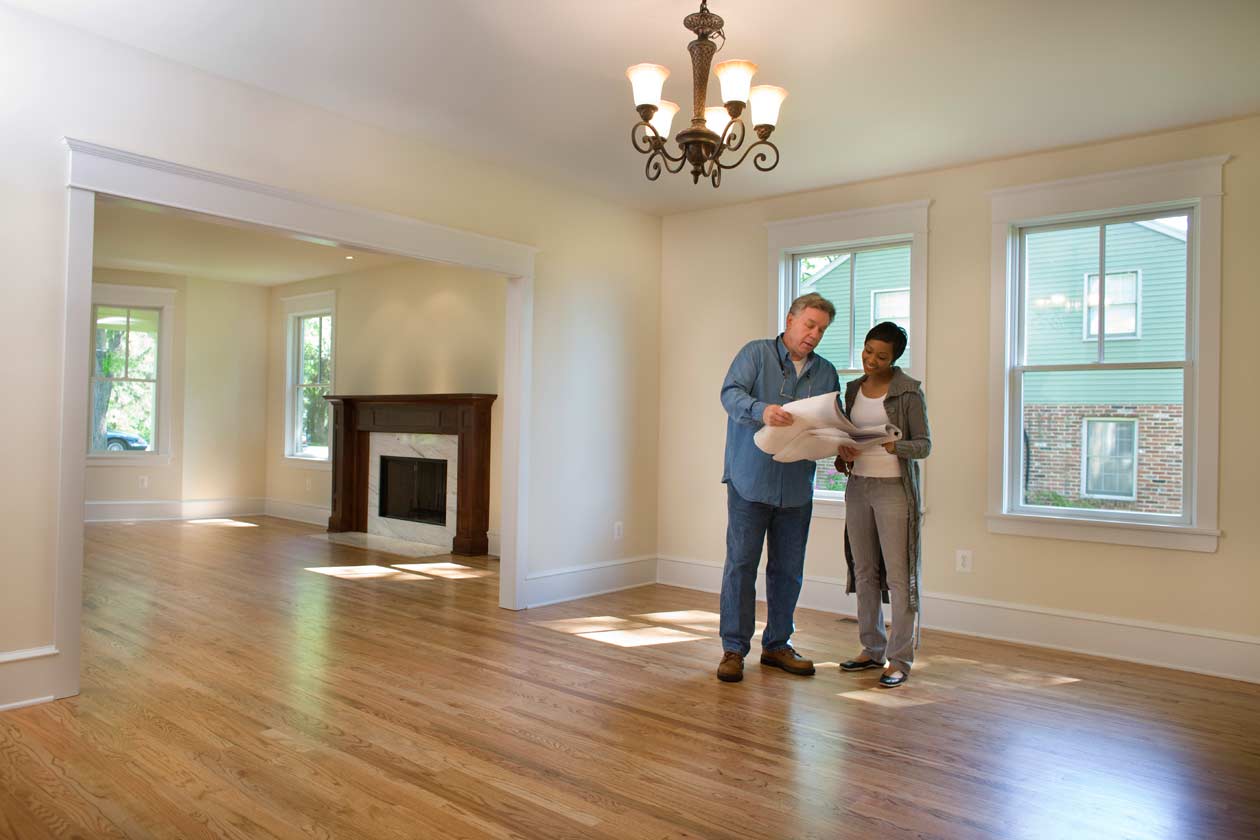Budgeting Tips for Your New Home
Posted On June 7, 2011
Few people can purchase a home without getting a loan to do so. That means you have to pay back the loan plus interest – and lots more besides; stamp duty, insurance, solicitors fees and so on. Sometimes budgeting starts off well but you get off track, or extra bills come in unexpectedly and you find it more and more difficult to repay that loan. Here are some tips on how to stay on track with your budgeting.
- If you find it increasingly difficult to pay the mortgage off, it is time to stop and take a reality check. First thing to do is write down everything you spend money on for a whole week – yes, every single thing from that morning coffee to your snack bar or magazine. It may shock you to see just where the money is going. It will also enable you to find ways to plug up the leak so you don’t have to default on your mortgage repayments. Know what’s coming in and how much is going out. The former should be more than the latter. If not, cut back ruthlessly. People once lived quite well without Foxtel, internet connections, mobile phones, coffee from a coffee shop, going out for meals and going out to concerts or footie games. They had no more than 3 outfits. You can do the same if it means keeping your house.
- If your outgo is more than your income you are in trouble. Cut back on the outgo or find a way to increase the income. A part time job or working from home – using that internet connection – may do the trick. Baby sitting, dog walking, house repairs, mowing lawns, selling used goods on eBay, selling skills you may have such as website building or bookkeeping over the Internet can all be viable ways to make extra money.
- Allocate your pay to your bills ahead of your entertainment. If you feel that entertainment is essential, try free concerts in the park and other freebies that you can find out about at the local library. To socialise, invite friends over to watch a movie with you and do microwave popcorn.
- Many people find spending money on gifts just eats into their pay. Instead of buying birthday and Christmas presents, offer services such as baby-sitting, car washing or baking cookies. It will only cost your time and you will be able to keep your house.
As a general rule, experts tell us we should allot 35% of our income to housing costs including insurance and electricity, 20% to transport such as car payments, fuel, insurance, tyres, parking and public transport, 20% to food and health needs and 15% to other debt. That leaves 10% for savings and investments. So how are you doing?
